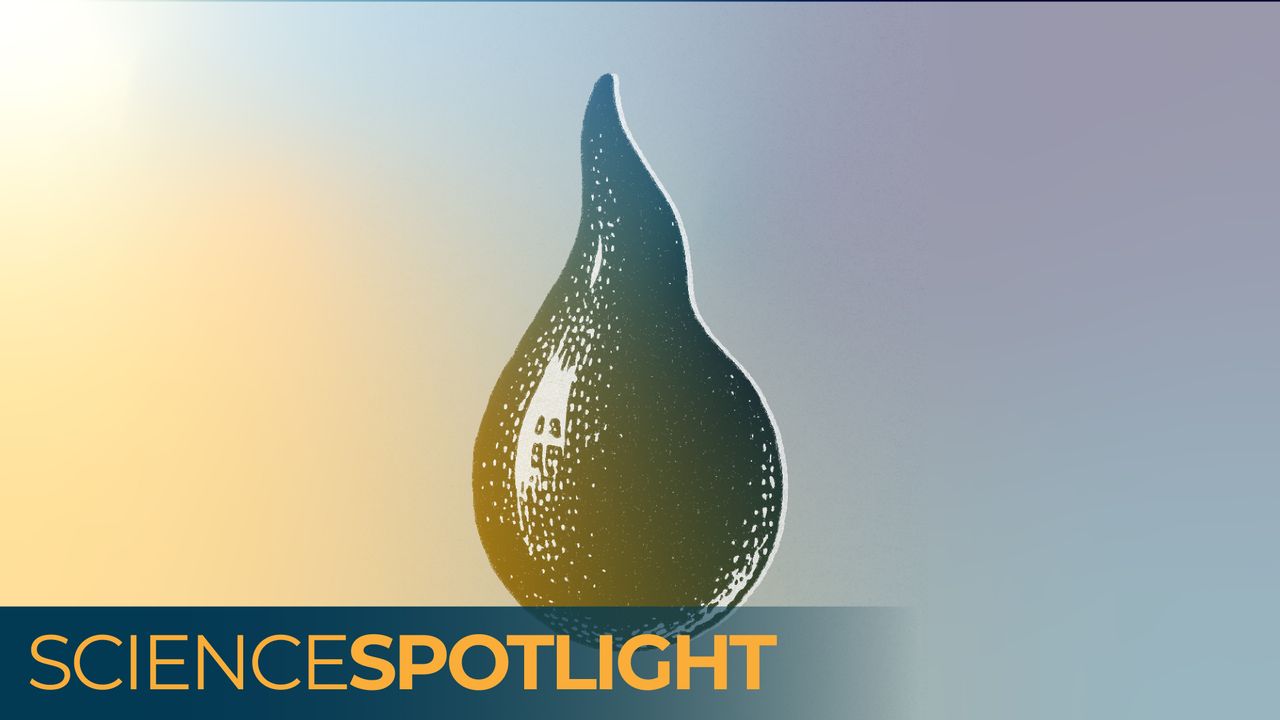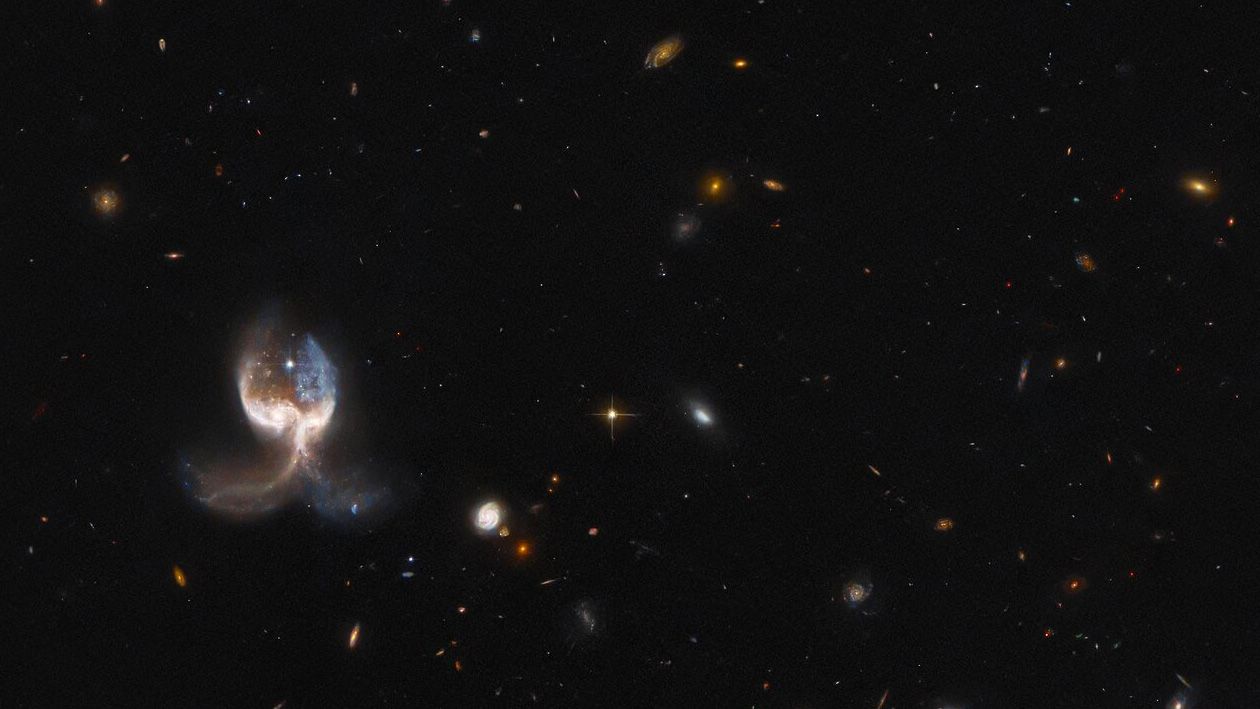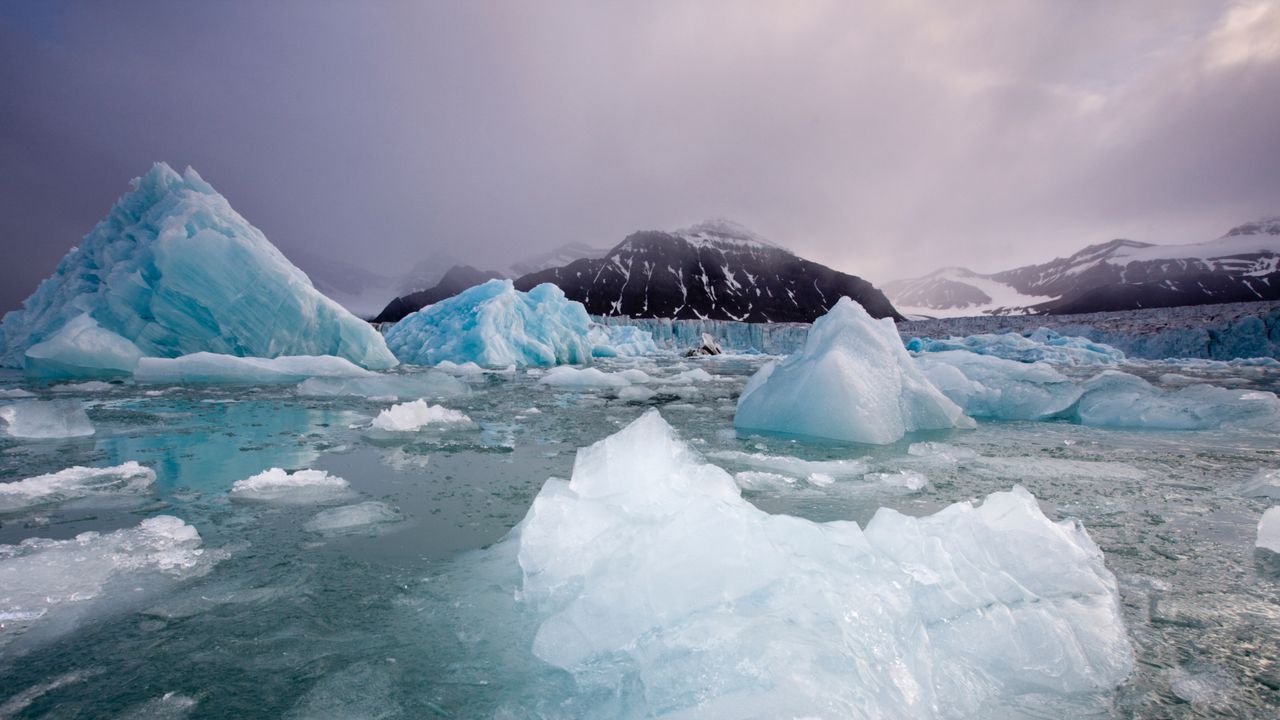Could simple blood tests identify cancer earlier?
PositiveScience

Exciting advancements in blood tests that can detect cancer at earlier stages are on the horizon. This could revolutionize how we approach cancer diagnosis and treatment, potentially saving countless lives by allowing for timely interventions. As these tests become available in the market, they promise to change the landscape of cancer care, making it more proactive rather than reactive.
— Curated by the World Pulse Now AI Editorial System






